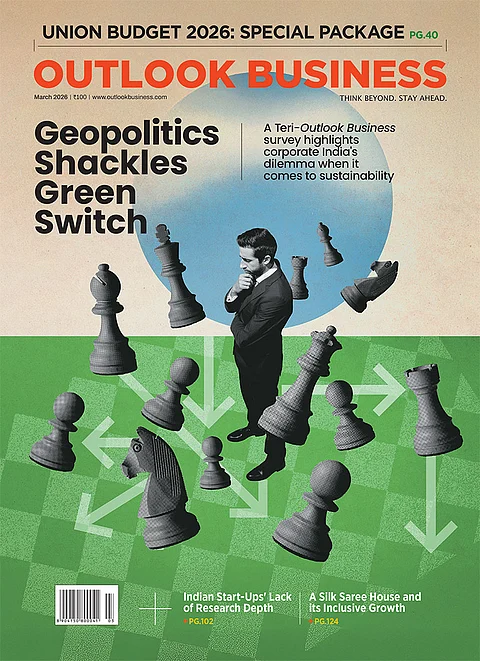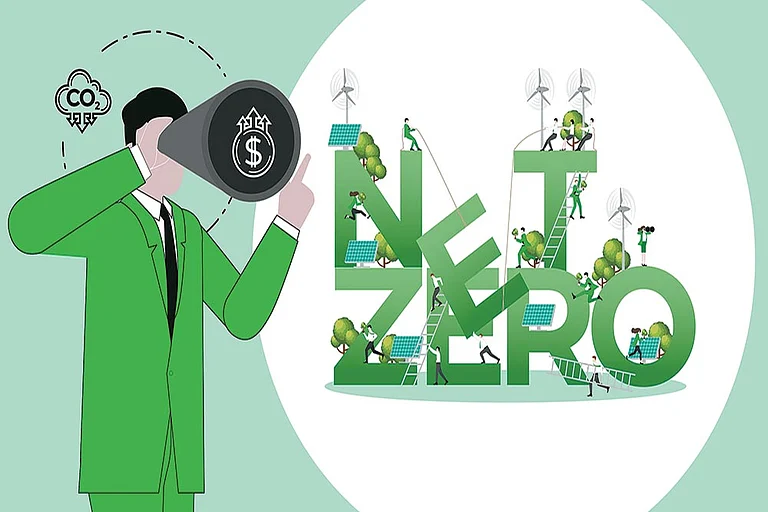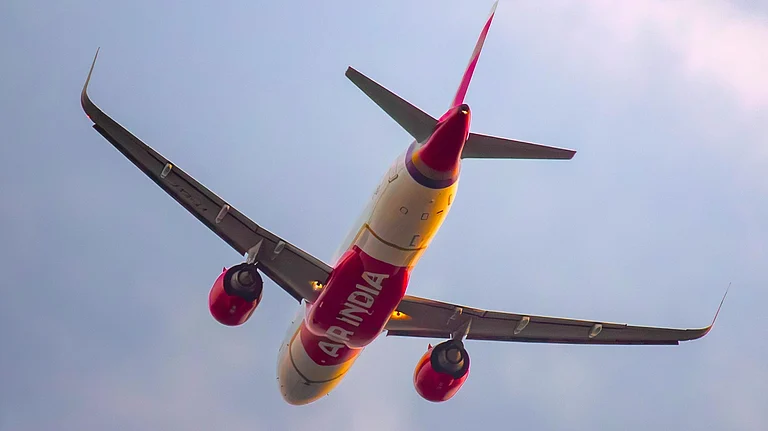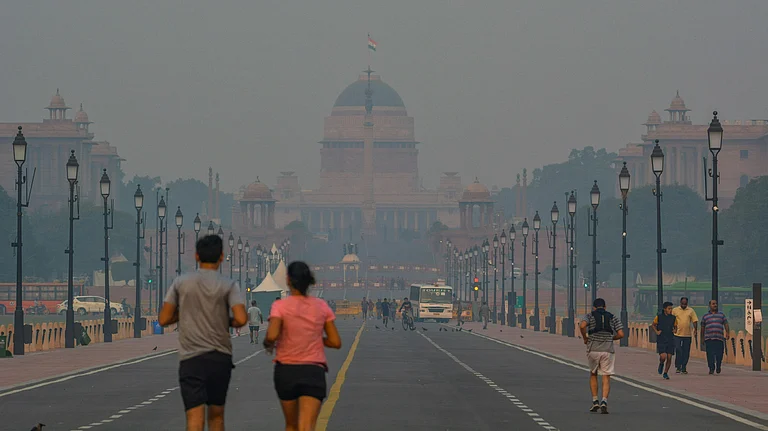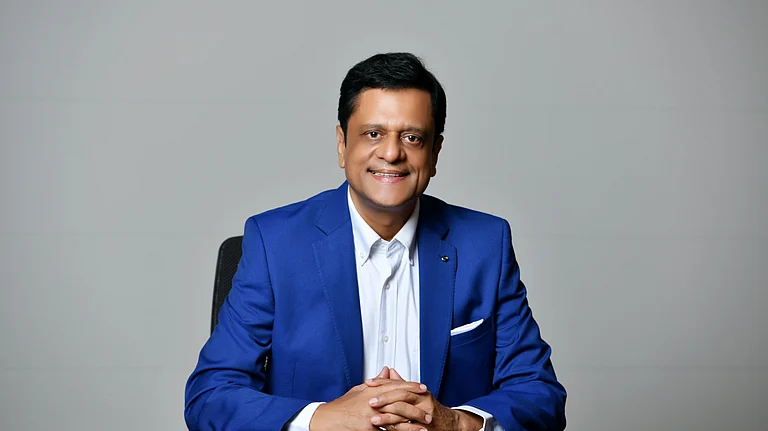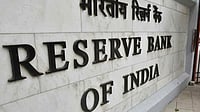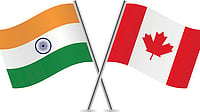India has significant potential for producing Sustainable Aviation Fuel (SAF), which can help reduce carbon emissions, global airlines' grouping IATA said on Sunday amid rising air travel.
In 2023, the production of SAF stood at around 0.5 million tonnes and the amount has to be increased multiple folds by 2050.
The International Air Transport Association (IATA) said it will establish the SAF Registry to accelerate the uptake of the fuel by authoritatively accounting and reporting emissions reductions from the use of the fuel.
The registry is expected to be launched in the first quarter of 2025.
Seventeen airlines, one airline group, six national authorities, three Original Equipment Manufacturers (OEMs), and one fuel producer are already supporting the effort to develop the registry.
Hemant Mistry, Director of Net Zero Transition at IATA, said there is a significant potential for producing SAF in India.
"Regions like India have significant opportunities on feedstocks, which can support the pathway (for SAF)," he told PTI here.
India is one of the world's fastest growing civil aviation markets and domestic carriers are expanding their fleet to meet rising air traffic demand.
As many as 140 identified SAF projects are progressing across 31 countries, the grouping said.
At a briefing on the sidelines of the IATA AGM here, Marie Owens Thomsen, Senior VP Sustainability & Chief Economist at IATA, said multiple levers can be used in different combinations to achieve net zero emissions.
"SAF will be responsible for the greatest amount of CO2 reductions by 2050 (65 per cent)," she said.
Compared to the 2023 level, she said, the production of SAF has to be increased by around 1,000 times to reach 500 million tonnes by 2050.
In a release, IATA said SAF is expected to account for up to 65 per cent of the total carbon mitigation needed to achieve net zero carbon emissions in air transportation by 2050.
"SAF is key to aviation's decarbonisation. Airlines want more SAF and stand ready to use every drop of it," IATA Director General Willie Walsh said.
IATA represents around 330 airlines that account for over 80 per cent of the global traffic. Indian carriers, including Air India and IndiGo, are part of the grouping.







